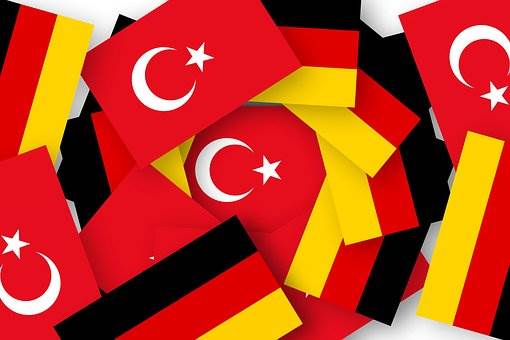German industrial output went down 0.6 percent in September, according to data released by the German Economy Ministry, adding to the fears the latest economic growth figures (Germany grew 0.1 percent in the second) caused among economic actors. Besides this, the ministry provided data about the industrial production for the third quarter, showing a 1.1 percent decline, mostly due to a fall in the production of metal products, chemicals, machinery, electrical equipment, and vehicle parts.
Being highly dependent on its exports, Germany is suffering due to the increasing global economic uncertainty linked to the Brexit political crisis and Trump's trade war against China. The German export-reliant manufacture sector is experiencing a decline in the production of capital and intermediate goods, suggesting it will be quite hard to get out of this recessive trend.
This data undermines the conclusion of the last German business sentiment report, which showed that the business sentiment didn't vary in October and attested that investors expected a moderate economic growth for the third quarter.
Conversely, the Eurozone economy “looks to be heading towards a protracted period of more subdued growth and muted inflation” according to the European Commission's Autumn 2019 Forecast that is being released soon. The report claims that the Eurozone's Gross Domestic product is going to grow in 2020 (1.1 percent) and the year after (1.2 percent), though it revised down its predictions.
Is the EU going towards a greater Economic Unity?
After a long time of being stagnant, Germany is finally considering to lift up the stalemate that was impeding reaching an agreement with other EU states regarding an European Banking Union.
"The need to deepen and complete European banking union is undeniable. After years of discussion, the deadlock has to end," said the German Finance Minister Olaf Scholz yesterday.
The Brexit political crisis is behind this new necessity of pushing for an unified banking system, said the minister. His declarations were surprising as the measure is considered controversial in his country, as many fear that a banking union would be accountable for troubles confronted by financial institutions of poorer european countries.It's still not clear whether Scholz's comments are going to be approved by the German Chancellor Angela Merkel.
By 10:39 GMT the EUR/USD pair went up 0.17 percent, at 1.1084. The EUR/JPY followed the trend, jumping 0.36 percent, at the 121.00 level, while the EUR/CHF rose 0.14 percent, at 1.0998.
